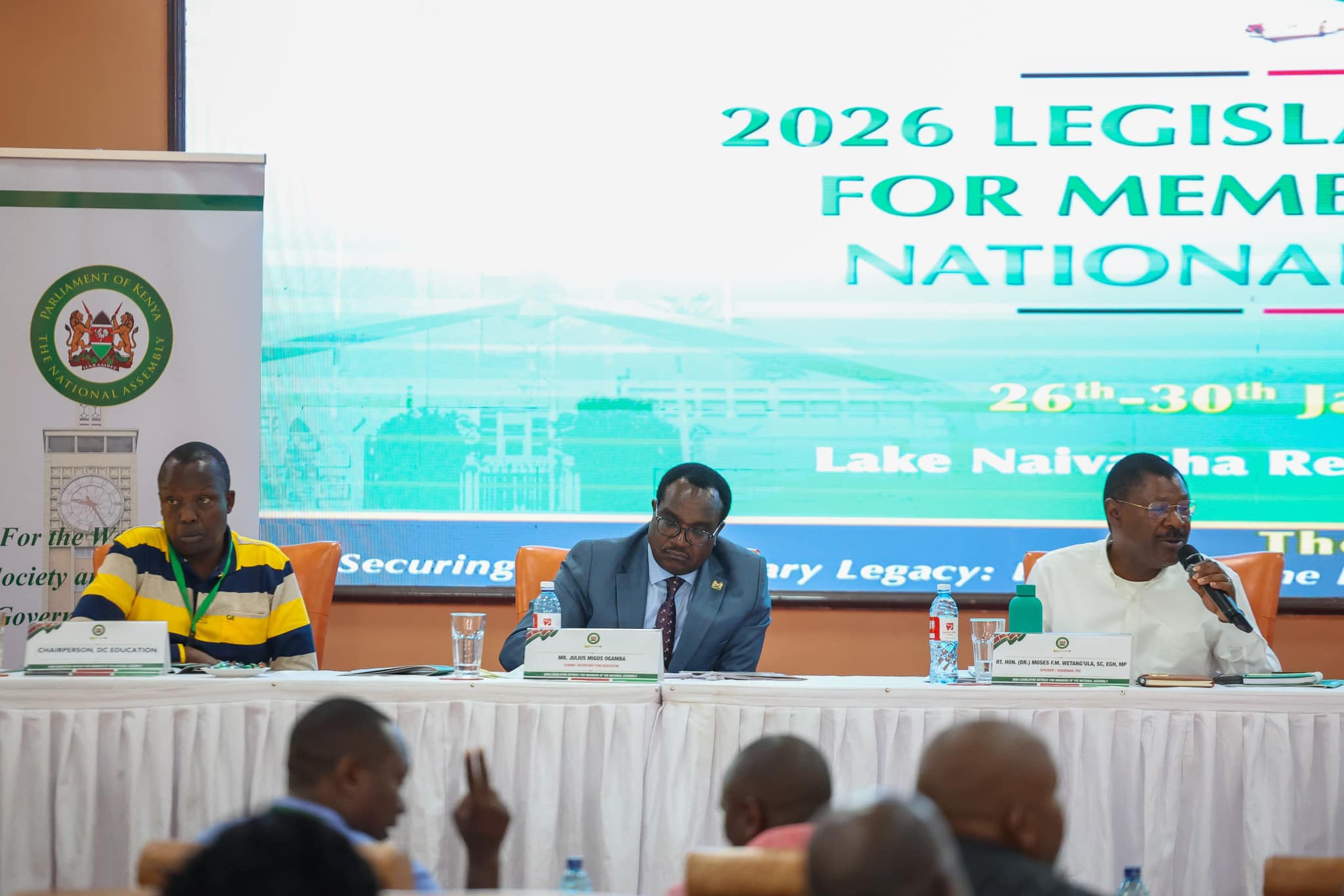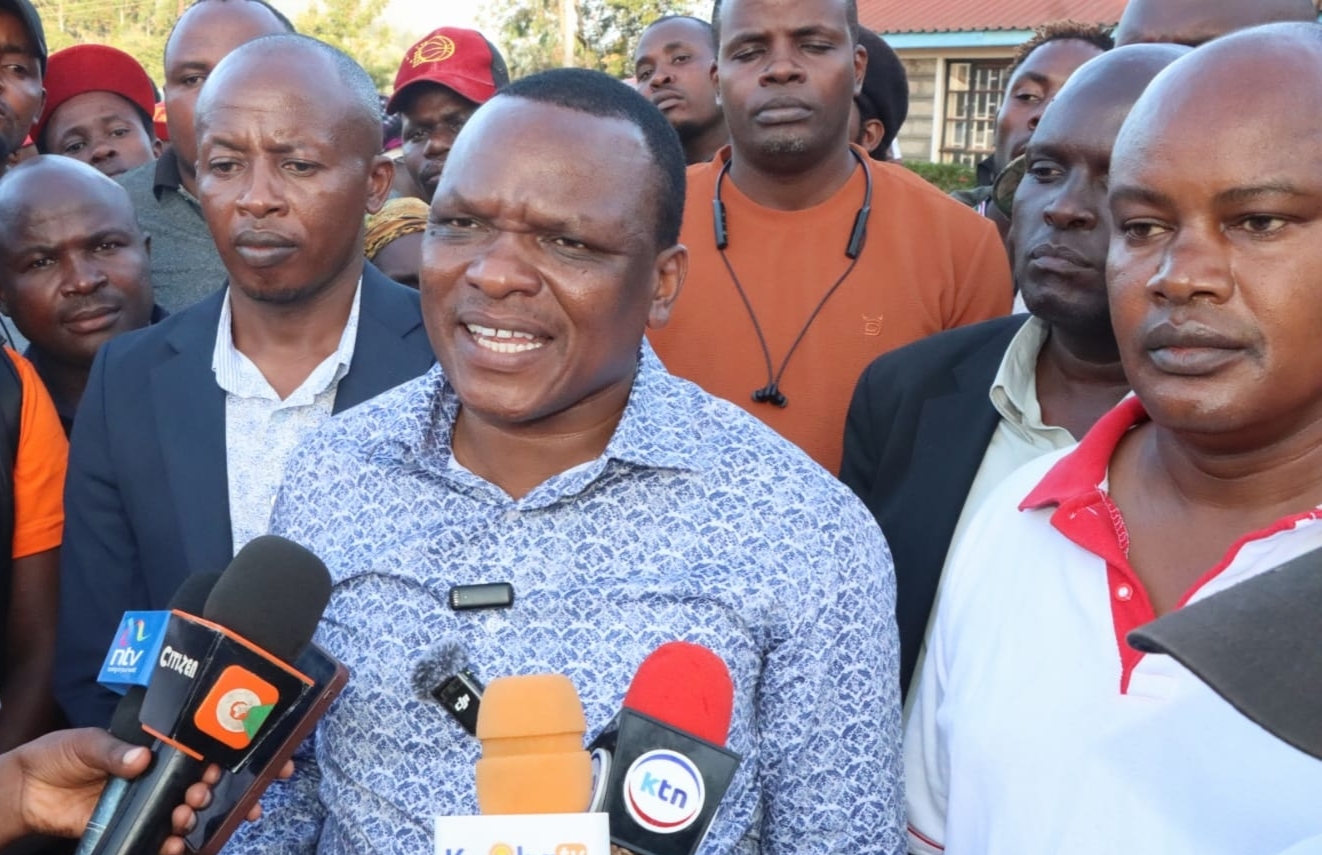As Kenya grapples with the alarming news that free education may soon be scrapped, the Kenya National Union of Teachers (KNUT) has issued a stern warning of a potential nationwide teachers’ strike.
On Friday, July 25, KNUT Secretary General Collins Oyuu threatened industrial action if the government fails to fulfil its part of the recently concluded Collective Bargaining Agreement (CBA).
The deal was signed between the Teachers Service Commission (TSC), KNUT, the Kenya Union of Post Primary Education Teachers (KUPPET), and the Kenya Union of Special Needs Education Teachers (KUSNET), and includes a commitment to raise teachers’ pay.
The new CBA, valued at Ksh33 billion, provides for a five per cent salary increment for top-tier educators in job group D5, whose pay will rise to Ksh167,415.
These revised pay structures were agreed upon during intense deliberations between TSC officials and union leaders held at the Kenya Institute of Special Education (KISE) in Kasarani on Friday, July 18. After lengthy negotiations, a 29.6 per cent pay increase was approved for the lowest-paid teachers.
According to the agreement, teachers currently earning approximately Ksh 23,000 will now take home around Ksh 29,000.
READ ALSO:
The CBA will be implemented progressively, with the government allocating Ksh8.4 billion annually toward the salary adjustments. The total cost of implementation by the end of the five-year period, which concludes on June 30, 2029, will be Ksh33 billion.
Nonetheless, the rollout of the CBA was scheduled to begin without delay, and teachers were expected to receive enhanced salaries in their pay slips by the end of this month.
In the same breath, Oyuu criticised the government’s move to terminate free education, blaming inadequate school funding. He further urged Members of Parliament to address the capitation crisis urgently in the House.
This came a day after Treasury Cabinet Secretary John Mbadi disclosed on Thursday, July 24, that the state could no longer sustain free education at the primary and secondary levels.
While appearing before the National Assembly committee, the CS attributed the decision to rising student enrolment figures and mounting budgetary pressures.
He stated that “Currently, learners are provided with tuition and operational costs at the rate of Ksh1,420 for primary education. For junior school, it is Ksh15,042 per child, and in senior secondary school, it is Ksh22,244 per child.”
Mbadi further explained, “However, due to constrained fiscal space and other emerging priorities within the education sector, updating these rates might be untenable. The government will, however, consider reviewing this rate should revenue performance improve.”
By Joseph Mambili
You can also follow our social media pages on Twitter: Education News KE and Facebook: Education News Newspaper for timely updates.
>>> Click here to stay up-to-date with trending regional stories
>>> Click here to read more informed opinions on the country’s education landscape






